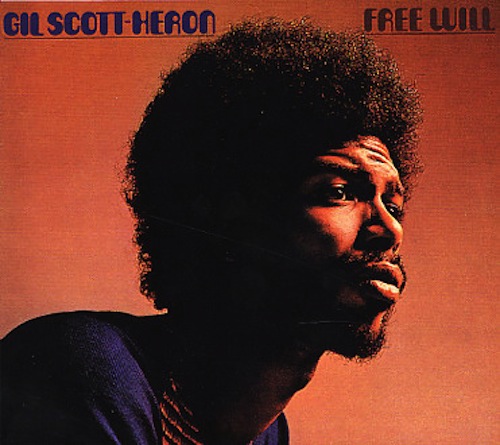
This post has nothing to do with the Gil Scott Heron album. You'll just have to wait until tomorrow, I guess.
Don’t get discouraged by the first paragraph of this John Tierney editorial. When I read the sentence, “suppose Mark and Bill live in a deterministic universe,” I thought I had accidentally clicked on David Brooks and was about to read 750 words about how Mark is a hardworking small business owner, Bill is an Ivy-League professor, and their opinions about NASCAR are going to decide the 2012 election. Fortunately, though, Tierney is not a smug panderer out to steal your last McNugget. Instead, he has written a thoughtful column about the problem of free will that links to actual scientific studies, including this one suggesting that belief in free will correlates with hard work. Tierney concludes that, “The more that researchers investigate free will, the more good reasons there are to believe in it.” This argument is totally unconvincing, of course. You can’t choose to believe in free will just because it might make you more successful, in the same way you can’t choose to believe you’re stunningly attractive just because it will make you more confident on dates. And like that, we arrive at one of the fundamental problems of free will.

